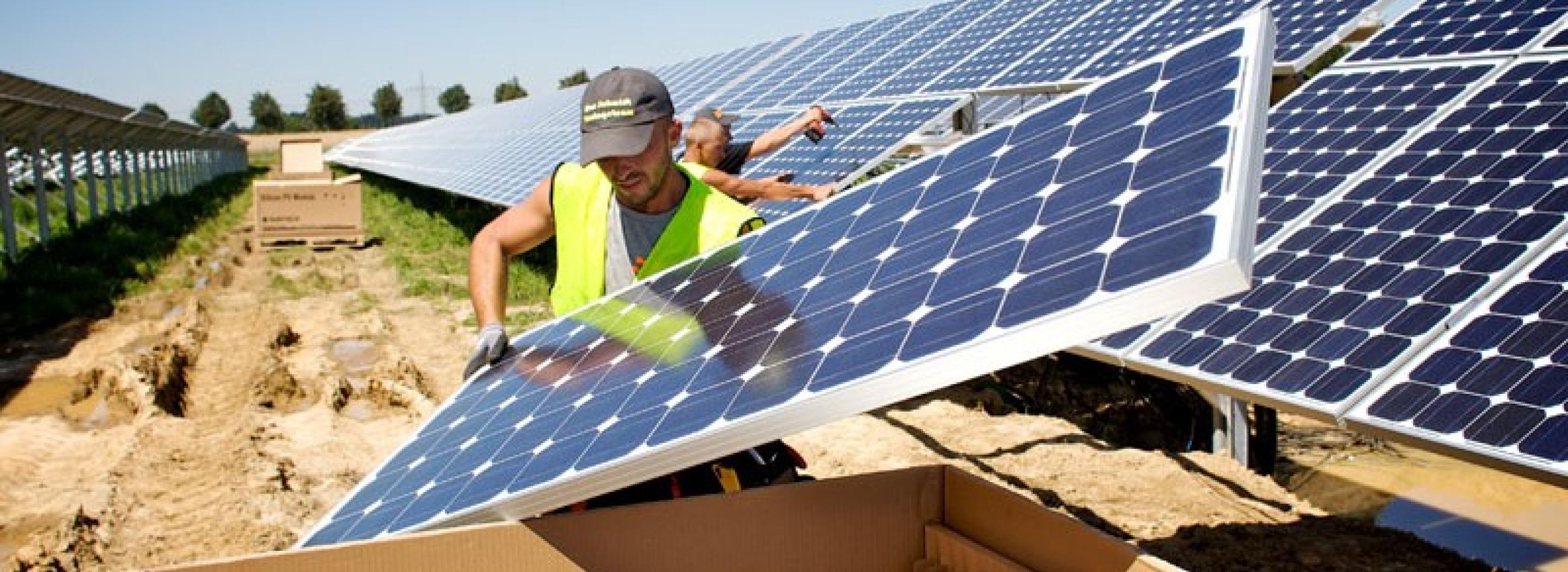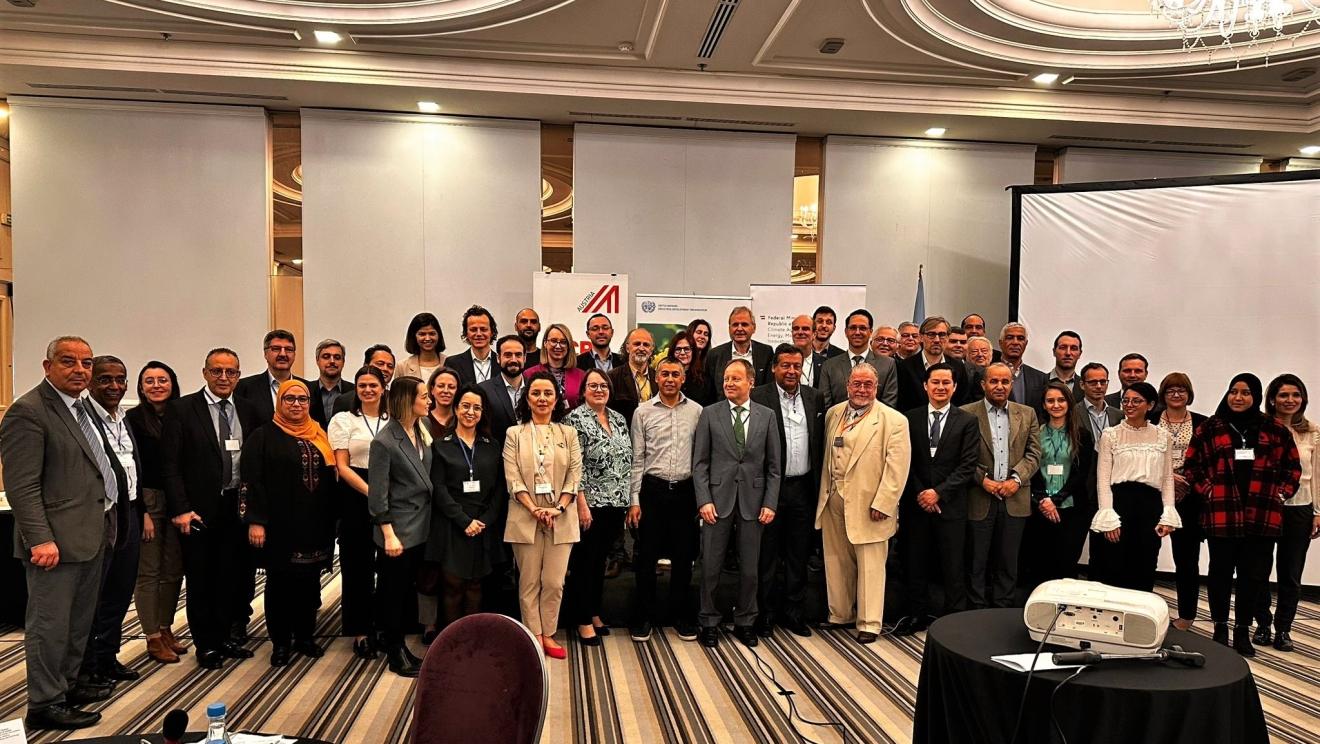Tunisia, Austria and UNIDO advance long-term collaboration on green hydrogen
14 March 2023
Author(s): UNIDO
#cooperation
TUNIS - More than 80 Tunisian and Austrian stakeholders, with 30 percent of women representation, gathered in a technical workshop on green hydrogen and water-related impacts. The event was co-organized by UNIDO in cooperation with the Austrian Ministry of Climate Action (BMK) to discuss future collaboration and projects in hydrogen between Tunisia and Austria.
As with other European countries with a strong industrial sector, Austria is prepared to invest in cutting-edge and climate-neutral technologies for green steel and chemicals, and to minimize their carbon footprint. Achieving decarbonization objectives require vast quantities of green hydrogen and green electricity, which requires large investments, along with the development of transport infrastructure/trade corridors and collaborative partnerships. Specifics of the Austrian hydrogen strategy and climate commitments were presented by a representative of the BMK. Whereas, the Tunisian strategy, currently under development was introduced by a representative of the Tunisian Ministry of Industry, Mines and Energy who stressed challenges, such as water scarcity in Tunisia.
Tunisia's strategic geographic location, vast renewable energy potential, and stable political situation are excellent conditions for the country to become a producer of green hydrogen, both for internal and external markets. Green hydrogen production can help decarbonize Tunisian metallurgical, ceramic and glass sectors; and create new sustainable industries such as fertilizers based on green ammonia. It also has the potential to become a catalyst to meet Central Europe's, including Austria's hydrogen needs across industries, transportation, and energy. Participants discussed that the current gas corridor between North Africa and Southern Europe can be repurposed to transport large quantities of cost-competitive green hydrogen from Tunisia through Italy to central Europe, including Austria leveraging existing gas infrastructure.
The discussions pointed out that:
- It is fundamental to take into consideration and understand how green hydrogen can be integrated into the country’s renewable energy portfolio and be deployed in industries. Green hydrogen production should not absorb renewable electricity capacities, thereby, decelerating domestic energy transition.
- Green hydrogen market development opens new opportunities for developed and developing countries. To succeed, the existing market barriers must be addressed. These include the lack of coordination, skills and competencies, financing and investment mechanisms, policies, and regulations.


